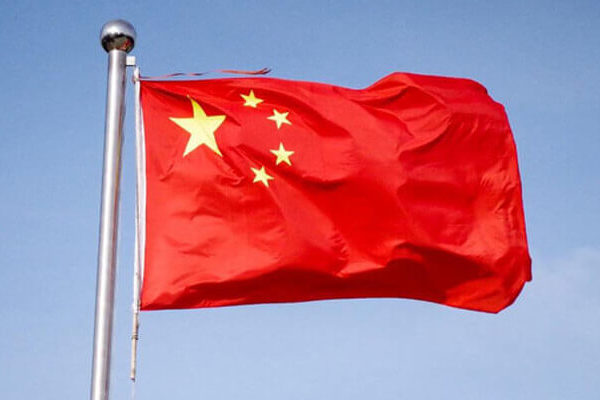
Sep 9, 2020
The ICJ has joined more than 300 other NGOs in urging the UN to establish a specific mechanism to systematically monitor and report on human rights violations by China.
The joint NGO letter follows a similar call made by 50 United Nations experts, and highlights human rights violations across China, including in Hong Kong, Tibet, and Xinjiang, as well as suppression of information in the context of the Covid-19 pandemic, and attacks on human rights defenders.
The joint letter also expresses concern about the global reach of China’s censorship, threats, surveillance, and misuse of UN processes to deny NGOs accreditation, attack UN experts, and undermine country resolutions at the UN Human Rights Council.
The text of the letter and the list of signatories is available here.
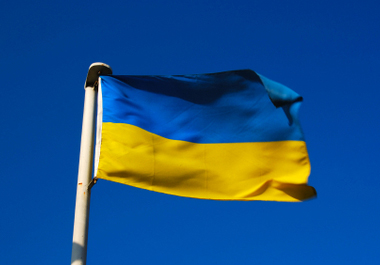
Sep 2, 2020 | Advocacy, Non-legal submissions
The ICJ has made submissions to the Human Rights Committee, today, on Ukraine’s implementation of, and compliance with, the provisions of the International Covenant on Civil and Political Rights.
The ICJ broughtto the Committee’s attention some issues of concern pertaining to Ukraine’s compliance with and implementation of the ICCPR.
This submission highlights a number of concerns relating to the security and independence of lawyers in Ukraine, and their consequences for the protection of certain Covenant rights. In particular, this submission addresses:
- the institutional independence of the legal profession;
- security of lawyers and their right to life;
- restrictions on access to clients and the rights of the defence; and
- security of lawyers and access to justice in uncontrolled territories in Ukraine.
These concerns highlight Ukraine’s lack of compliance with its obligations under the Covenant, including in respect of the right to life under article 6 and the right to a fair trial under article 14, in particular, as well as under other Covenant rights, such as Ukraine’s obligations under articles 2, 7, 9, 10, and 17 of the ICCPR.
Ukraine-ICJ-Submission-CCPR-Advocacy-Non-Legal-Submissions-2020-ENG
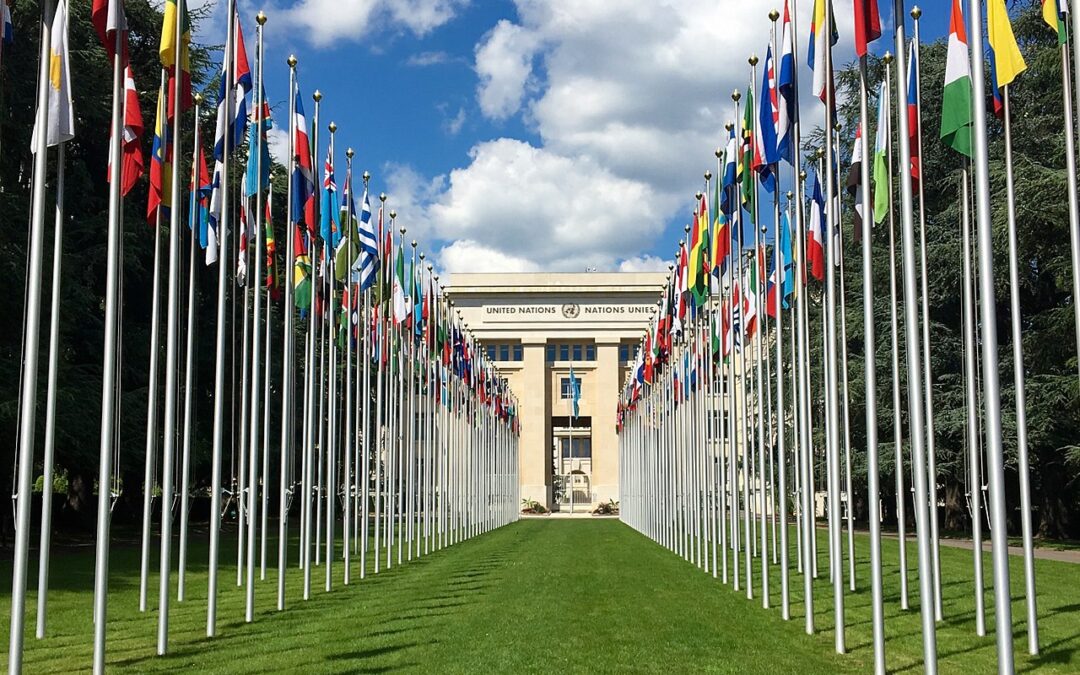
Aug 28, 2020 | News
The ICJ contributed to and has endorsed a groundbreaking new UN standard aimed at ensuring effective access to justice for persons with disabilities, published today in Geneva.
Published today by the Office of the UN High Commissioner for Human Rights, the International Principles and Guidelines on Access to Justice for Persons with Disabilities were adopted jointly by the UN Special Rapporteur on the rights of persons with disabilities, the Committee on the Rights of Persons with Disabilities, and the Special Envoy of the UN Secretary-General on Disability and Accessibility. They have been endorsed by the ICJ and the International Disability Alliance.
The ICJ contributed to the development of the Principles and Guidelines, including through participation in expert consultations alongside disability rights experts, organizations of people with disabilities, State representatives, academics, and other judicial and legal practitioners. The ICJ also plans to assist with promotion and implementation of the Principles and Guidelines at the global and national levels.
Building on the provisions and interpretations of the Convention on the Rights of Persons with Disabilities and other international standards and best practices, the document affirms ten key principles of access to justice for people with disabilities and sets out detailed guidelines on how to implement each one.
The Principles and Guidelines are intended to be a practical tool to help inform the design and implementation of justice systems that provide equal access to justice for persons with disabilities, in line with international human rights standards.
The Principles and Guidelines can be downloaded by clicking here.
Further information about the process of their development is available here, and the UN press release announcing their publication is here.
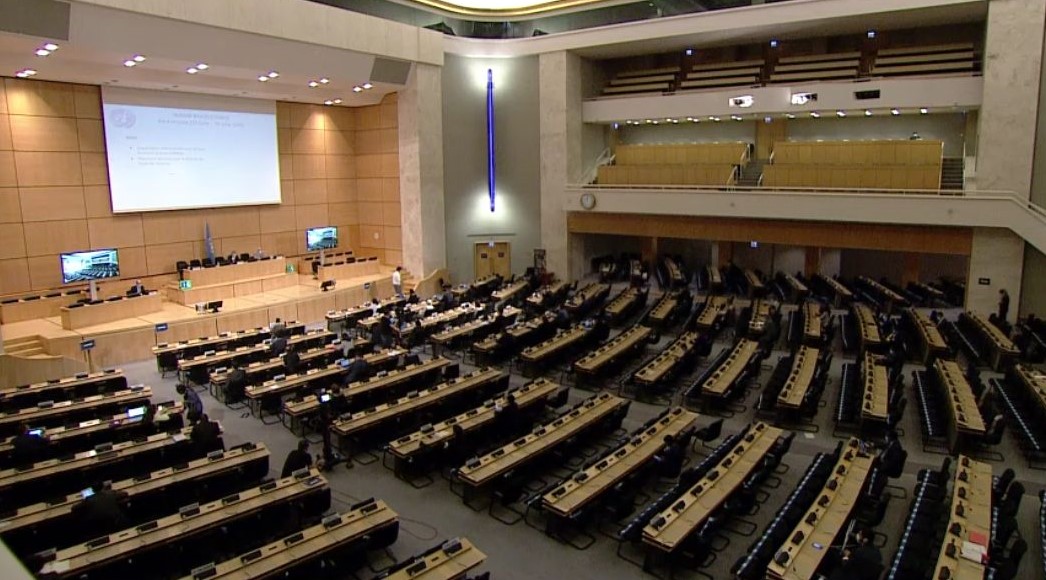
Aug 17, 2020 | Incidencia
La CIJ y 83 organizaciones de derechos humanos le piden al Consejo de Derechos Humanos de las Naciones Unidas renovar y fortalecer el mandato de la Misión Internacional Independiente de Investigación de los Hechos sobre Venezuela en el próximo periodo de sesiones. También, le piden asegurar recursos adecuados para que la Misión continué su importante trabajo.
La falta de independencia judicial en el país, recientemente analizada por la Alta Comisionada de Derechos Humanos y documentada por la CIJ durante varios años, representa un obstáculo para que las víctimas de graves violaciones de derechos humanos accedan a recursos y reparaciones efectivas. Además, ha habido casi total impunidad para los responsables de dichas violaciones. Así, la falta de una efectiva rendición de cuentas hace que el trabajo de la Misión Internacional sea indispensable.
El año pasado, en su periodo de sesiones No. 42, el Consejo de Derechos Humanos de las Naciones Unidas estableció la Misión Internacional Independiente de Investigación de los Hechos para Venezuela, con el mandato de investigar ejecuciones extrajudiciales, desapariciones forzadas, detenciones arbitrarias y torturas u otras formas de trato cruel inhumano o degradante desde 2014.
El Consejo expresó “gran preocupación por la alarmante situación de los derechos humanos en la República Bolivariana de Venezuela, en la que se repiten sistemáticamente violaciones que afectan de forma directa e indirecta a todos los derechos humanos (…) en el contexto de la actual crisis política, económica, social y humanitaria.”
El Primer informe de la Misión Internacional se presentará en la próxima sesión del Consejo, programada para el 14 de septiembre al 6 de octubre de 2020.
El comunicado conjunto suscrito por 85 organizaciones dice que el informe “marcará un importante primer paso en la senda de la rendición de cuentas en Venezuela mediante la documentación de la participación de aquellas personas de las que se sospecha que son penalmente responsables. Es fundamental que el Consejo de Derechos Humanos responda de manera significativa a las conclusiones y recomendaciones del informe”.
Por otro lado, la CIJ observa que la pandemia de la COVID-19 ha generado mayor tensión sobre la situación de derechos humanos en Venezuela. Así, la Oficina de Naciones Unidas para Coordinación de Asuntos Humanitarios (OCHA por sus siglas en inglés) informó en Julio de 2020 que “[u]na evaluación de las condiciones de agua, saneamiento e higiene en 17 hospitales realizada por la OPS/OMS en 2019 reporta que el 88,3% de los hospitales evaluados tienen un riesgo alto que las condiciones higiénico-sanitarias contribuyan al agravamiento del estado de salud de sus usuarios; el resto tienen un riesgo medio.”
El comunicado conjunto se encuentra disponible en español aquí.
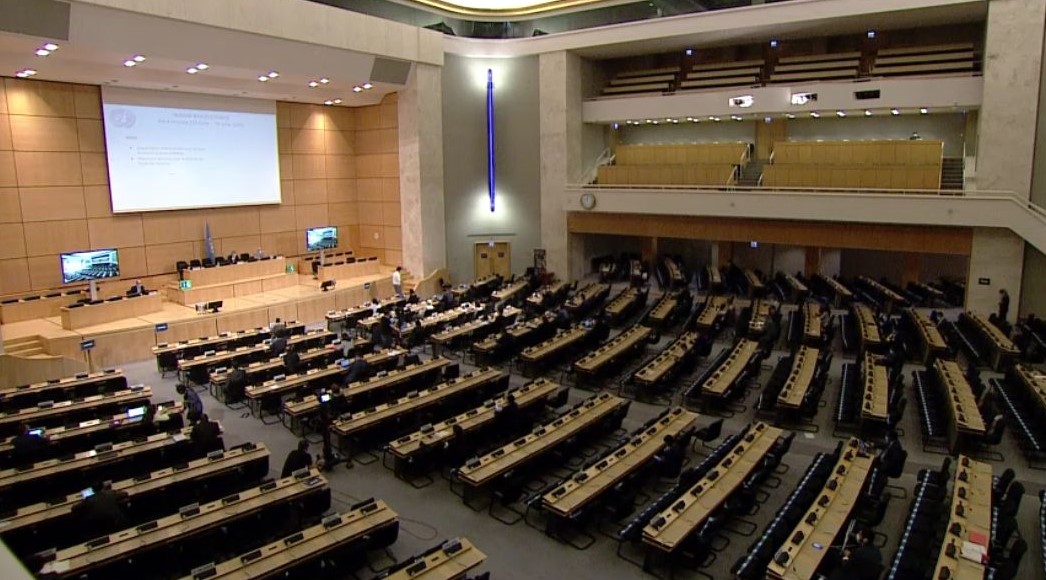
Aug 17, 2020 | Advocacy, News
Today, the ICJ joined 83 other human rights organizations to call the United Nations Human Rights Council to renew and strengthen the mandate of the Independent International Fact-Finding Mission (FFM) on Venezuela in its upcoming session in September, and to ensure it has adequate resources to continue its critical work.
The ICJ considers that the lack of judicial independence in the country, recently addressed by the High Commissioner and documented by ICJ during several years, presents a major obstacle to victims seeking to access effective remedies and reparation for gross human rights violations in the country. There has also been near complete impunity for those responsible for such violations. The lack of effective accountability makes the work of the FFM indispensable
Last year at its 42nd session, UN Human Rights Council established the Independent International Fact-Finding Mission with a mandate to investigate extrajudicial executions, enforced disappearances, arbitrary detentions and torture and other cruel, inhuman or degrading treatment since 2014.
The Council expressed “grave concern at the alarming situation of human rights in the Bolivarian Republic of Venezuela, which includes patterns of violations directly and indirectly affecting all human rights (…) in the context of the ongoing political, economic, social and humanitarian crisis.”
The FFM’s first report is expected to be presented at the Council’s next session scheduled for 14 September to 6 October.
The NGO joint statement stressed that the report “will mark an important first step on the path to accountability in Venezuela through the documentation of the participation of those suspected of criminal responsibility. It is critical that the Human Rights Council respond meaningfully to the findings and recommendations in the report”.
The ICJ notes that the COVID-19 pandemic has engendered further stresses on the human rights situation. The United Nations Office for the Coordination of Humanitarian Affairs (OCHA) reported in July 2020 that an “assessment of water, hygiene and sanitation (WASH) conditions in 17 hospitals conducted by PAHO/WHO in 2019 found that 88.3 per cent of the assessed hospitals present a high risk that hygiene and sanitary conditions pose a health risk to patients and staff; the rest face a medium risk.”
The joint statement is available here.









